
In The Legal Prescription series with Ned Milenkovich, we discuss a set of important topics in the pharmacy landscape.

In The Legal Prescription series with Ned Milenkovich, we discuss a set of important topics in the pharmacy landscape.

Javier Pinilla-Ibarz, MD, PhD; Lisa Nodzon, PhD, ARNP, AOCNP; and Katie Tobon, PharmD, BCOP, describe the incidence of CLL and discuss factors that may increase the risk of disease.

Norman Lepor, MD, a cardiologist and clinical investigator in the phase 3 clinical program for inclisiran (Leqvio; Novartis), discusses the burden of ASCVD in the country today.
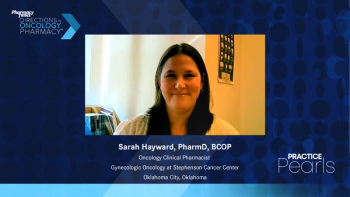
Sarah Hayward, PharmD, BCOP, leads the discussion on strategies used to keep the healthcare team well-informed and up to date on emerging data about PARP inhibitors for the treatment of ovarian cancer.

Norman Lepor, MD, a cardiologist and clinical investigator in the phase 3 clinical program for inclisiran (Leqvio; Novartis), discussed inclisiran’s mechanism of action and how it supports LDL-C management for patients with ASCVD.

Shreejit Nair, senior vice president and life sciences market business lead at CitiusTech, discussed what the impact of the pandemic has been on the advancement of data interoperability in health care.
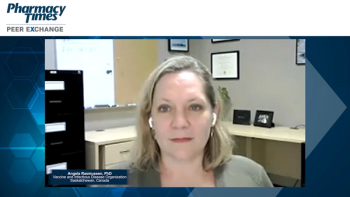
Donald Alcendor, PhD, and Angela Rasmussen, PhD, explain how to discuss the importance of COVID-19 booster shots with patients.
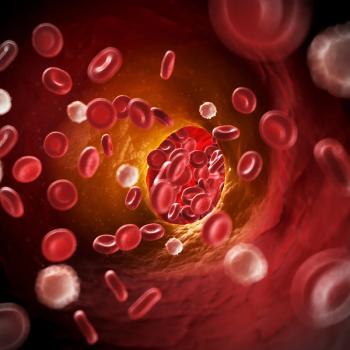
Norman Lepor, MD, a cardiologist and clinical investigator in the phase 3 clinical program for inclisiran, discussed the trial results assessing the efficacy and safety of inclisiran for patients with atherosclerotic cardiovascular disease.

Jeff Goad, PharmD, MPH, and Angela Rasmussen, PhD review the population trends of COVID-19 booster shots.

Shreejit Nair, senior vice president and life sciences market business lead at CitiusTech, discusses what data interoperability is and what it looks like within a pharmacy context.

Future studies are necessary to continue evaluating the true benefits of dupilumab in conditions like atopic dermatitis.

An explanation of the risks associated with COVID-19 booster shots.
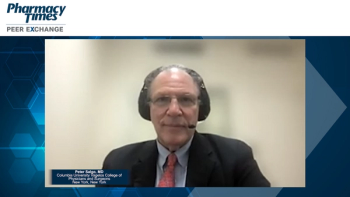
Dr Peter Salgo leads a discussion on the safety and efficacy of COVID-19 booster shots with a comparison to historical vaccine rollouts.

Fostemsavir (Rukobia) is indicated in combination with other antiretroviral medications in heavily treatment-experienced adults with multidrug-resistant HIV-1 infection.
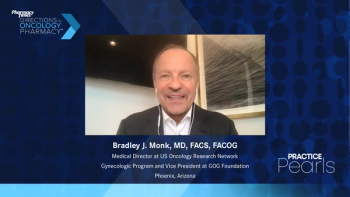
Bradley J. Monk, MD, FACS, FACOG, leads the discussion on upcoming combination therapy regimens with PARP inhibitors for the treatment of ovarian cancer.

It is important for pharmacists to know the latest updates on the right treatment options for atopic dermatitis.
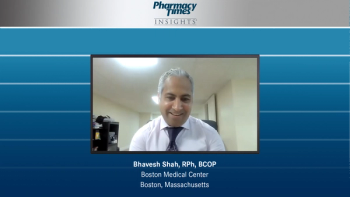
The exciting therapies in the pipeline that are thought to target novel mechanisms in Waldenström macroglobulinemia.

What pharmacists need to know about BTK inhibitor drug activity, dosing, and interactions in Waldenström macroglobulinemia.

An overview of BTK inhibitors available as first-line therapy for Waldenström macroglobulinemia, and variables that impact treatment selection and the switching of agents throughout the course of therapy.
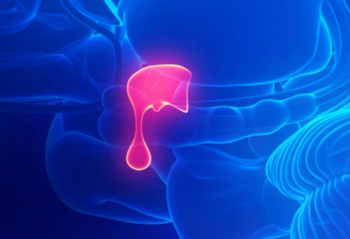
Somapacitan (Sogroya; Novo Nordisk) injection is indicated for the replacement of endogenous growth hormone in adults with growth hormone deficiency.
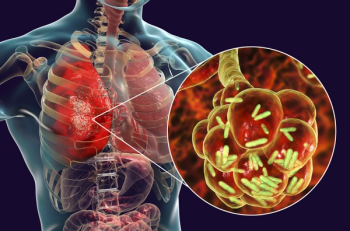
Lefamulin (Xenleta, Nabriva Therapeutics) is approved for the treatment of adults with community-acquired bacterial pneumonia caused by susceptible microorganisms.

Emicizumab (Hemlibra, Roche) is indicated for routine prophylaxis to prevent or reduce the frequency of bleeding episodes in adults and children with hemophilia A with or without factor VIII inhibitors.

Carol Routledge, PhD, chief medical and scientific officer at Small Pharma, discusses DMT, how it differs from other psychedelic medicines, and what the future holds for DMT-assisted treatments.
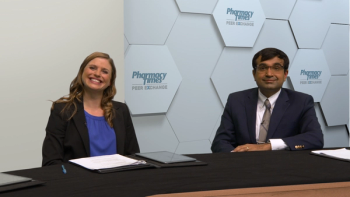
Closing out their discussion on Clostridioides difficile infection, panelists share closing thoughts on novel pipeline therapies.

Alyson McGregor, MD, of Brown University explains what pharmacists should understand about the impact of sex and gender on medicine within their practice.
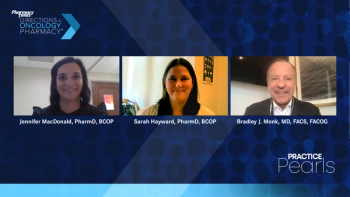
Drs Bradley J. Monk, Sarah Hayward, and Jennifer MacDonald comment on monitoring and managing adverse events with PARP inhibitor therapy in patients with ovarian cancer in the frontline maintenance setting.

Bradley J. Monk, MD, FACS, FACOG, and Jennifer MacDonald, PharmD, BCOP, share insight on improving outcomes and optimizing therapy with PARP inhibitors in the frontline maintenance setting for ovarian cancer.

Dr Sarah Hayward leads the discussion on optimal approaches to influence patient compliance to PARP inhibitor therapy for frontline maintenance in ovarian cancer.

Bradley J. Monk, MD, FACS, FACOG, leads the discussion on the efficacy of currently approved PARP inhibitors used in the first-line maintenance setting for ovarian cancer and how pharmacists can help patients overcome access barriers.

Sarah Hayward, PharmD, BCOP, leads the discussion on common toxicities and when to create dose adjustments for first-line maintenance therapy in patients with ovarian cancer.